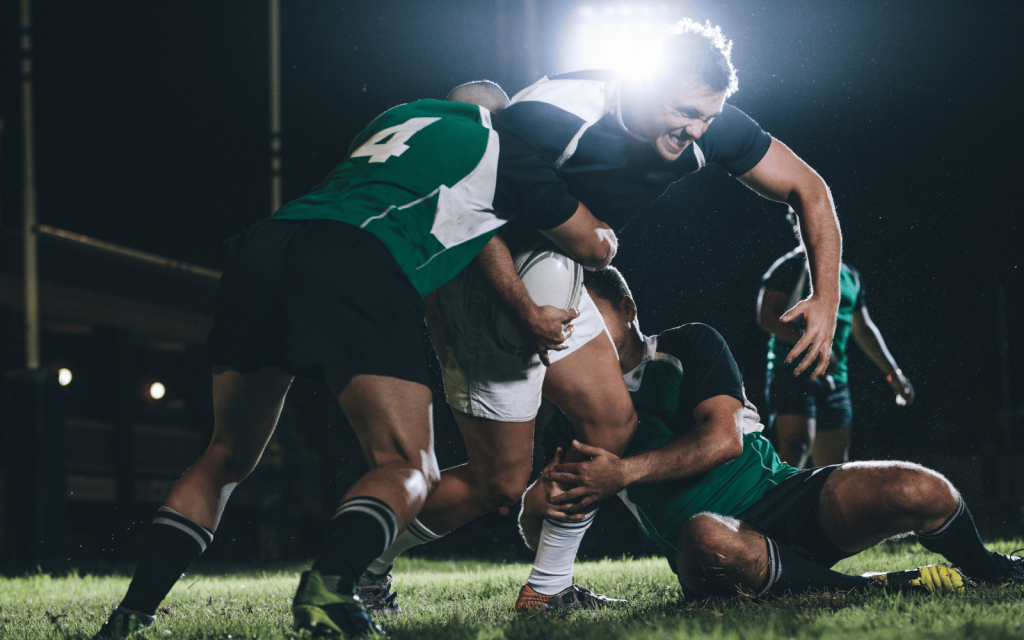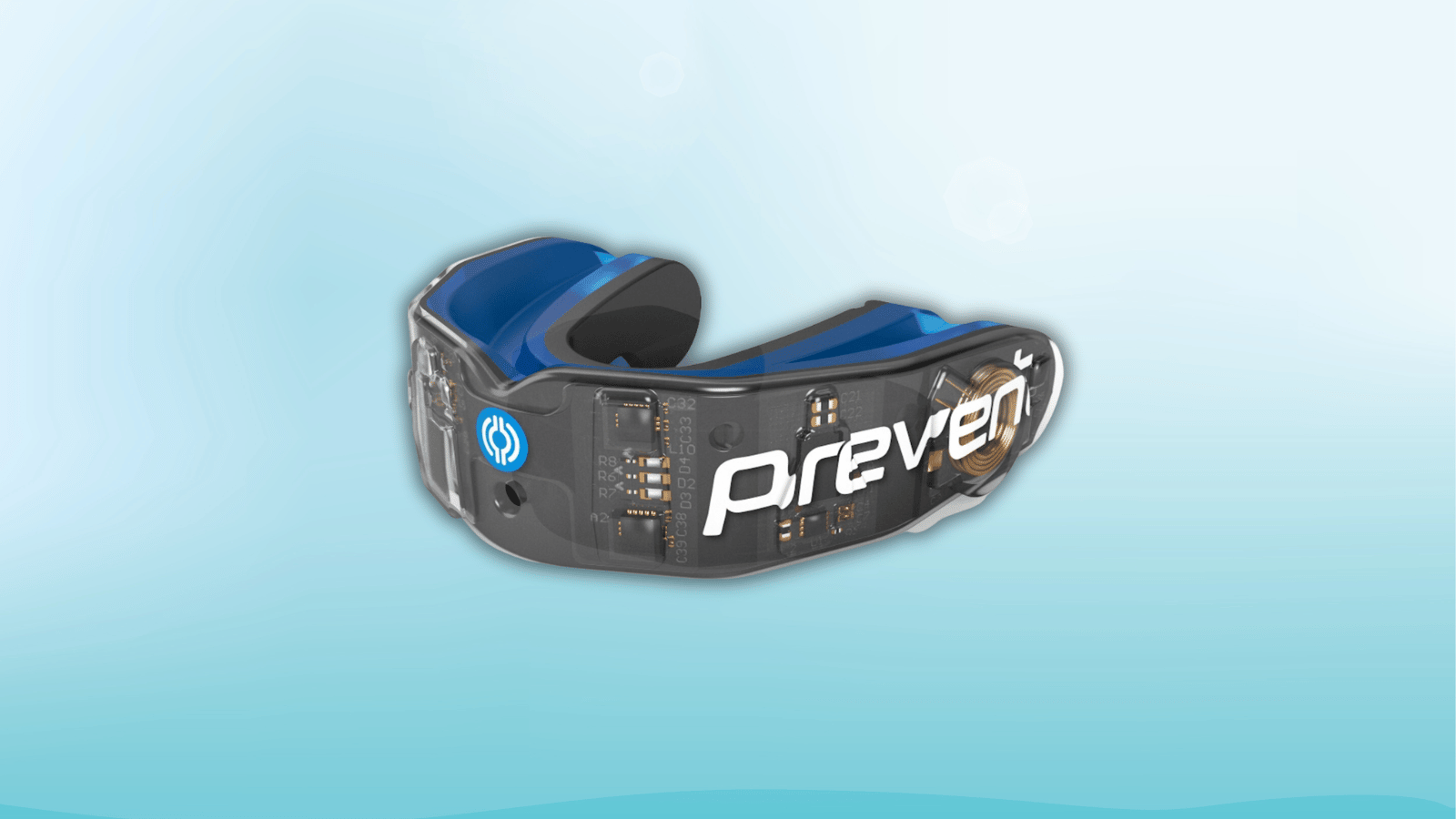There are all sorts of unusual wearables designed to track a variety of sports metrics and bodily functions, from something as simple as a smartwatch to smart socks and even some yoga pants. Now, smart mouthguards are the next big thing for heavily physical sports, and World Rugby is bringing them into the mainstream.
Rugby tournaments already enforce non-smart mouthguards to help prevent damage to the teeth and mouth lacerations but won’t do much for a head injury. World Rugby, the sport’s governing body, has announced that it’ll be introducing smart mouthguards that can detect head impacts and high acceleration, all in real time.
Coming soon to a mouth near you
The idea is to have doctors waiting pitch-side, monitoring the data sent from the mouthguard, allowing for quick decisions to be made when a bad collision occurs. World Rugby says it began taking notice of mouthguards – and recommending them to players at all levels of the game – after a report showed that their adoption in ice hockey had reduced the risk of concussions by 20%.
Dr Eanna Falvey, chief medical officer of World Rugby, said: “The latest scientific research and expert opinion is telling us one thing — reduce the forces players experience on their heads at all levels of the game. That is exactly what we’re doing.”
In a bid to spread the technology across all rugby unions, tournaments and clubs, World Rugby is dumping a nearly €2 million (R40 million) investment into the smart tech, which will make its first appearance for the sport in the upcoming WXV (Woman Fifteens) international competition later this month.
Read More: Back to court as eMedia launches new rugby rights lawsuit against MultiChoice
World Rugby added that the guards would become a mainstay during training sessions too, “enabling coaches to better tailor drills, tackle skills and training load for each individual player, and best support their performance and welfare.”
Discussions surrounding concussions and the mouthguard’s development have been going on for years between the sports union and Prevent Biometrics, the developer behind the concussion-detecting tech (who’s been at it for some years now), with the two first collaborating in 2021 on a study to better understand head-trauma at all levels of the game. At the time, each participant in the study wore the company’s guard, which had an impact recording accuracy of more than 95%.
With two years of experience with real-life players, it’s likely that the tech has since received a massive boost in functionality and reliability. The ramifications of World Rugby’s adoption of the tech could do wonders for concussions in sport, and not just in rugby. It might well become the gold standard for anyone playing sports where mouthguards are a requisite. Here’s hoping, anyway.





